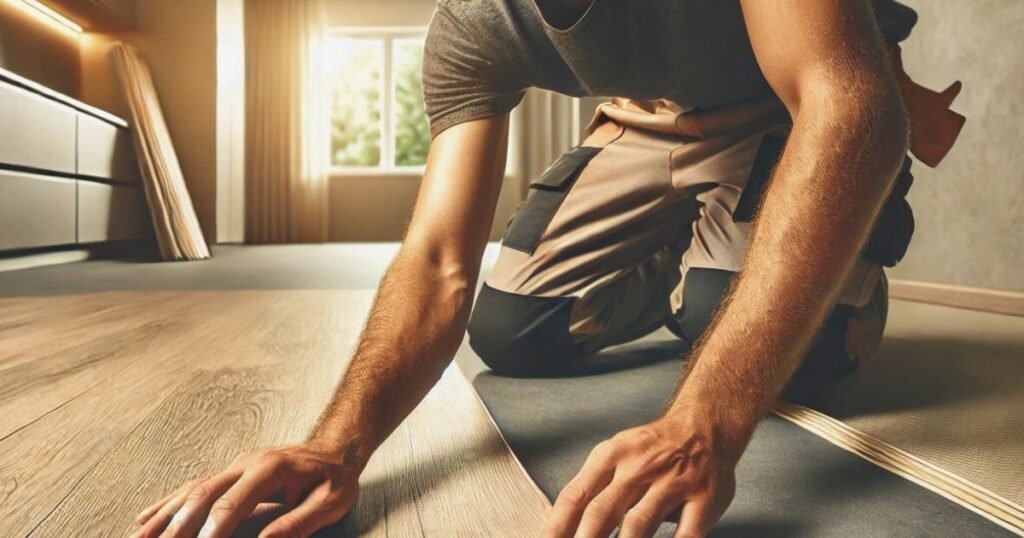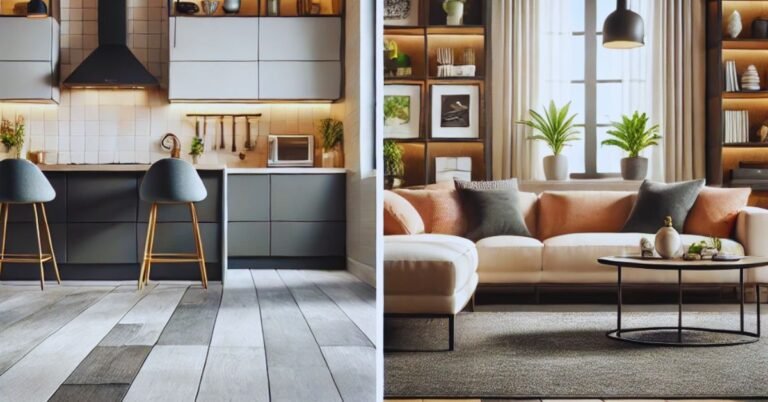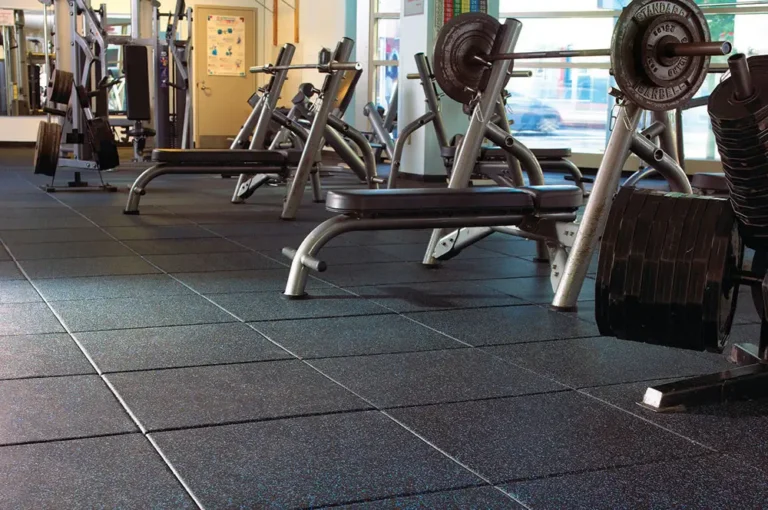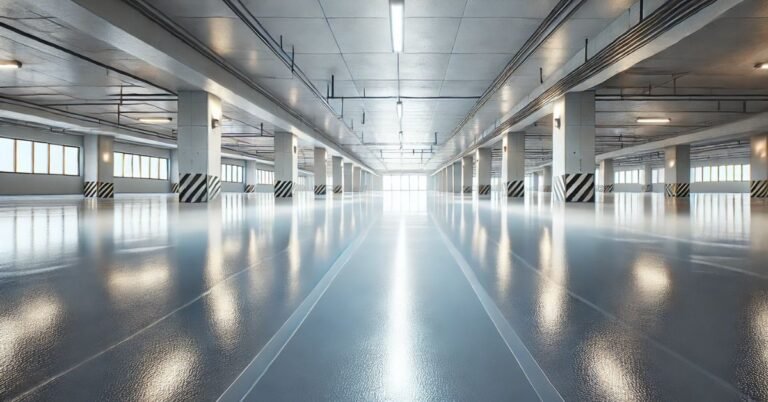Expert Tips for Installing Flooring in Your Home and Office
Flooring is an important component of any home or office space to feel comfortable so that one can walk and stay properly. It not only contributes to the aesthetic look of your rooms but also affects the functionality and maintenance in the long run. In a location like Dubai, where the climate on one hand can be extreme and humidity levels vary on the other. It is even more critical for you to make the right choice for installing the floor. The myriad of flooring options available today can make it difficult to decide what is best, and how to best install it. Whether your Dubai property is a new build, renovation or just needs a flooring update, here are some expert flooring tips to consider when installing in your home or office.
Choose the Right Flooring Material for Dubai’s Climate

Dubai’s hot climate and humidity impact some types of flooring materials more than others. You want flooring that will not warp, crack, or succumb to the temperature fluctuation and moisture that happens with an outdoor space.
Engineered Wood: Engineered wood is an excellent option for Dubai homes since it is more durable and moisture-resistant than solid hardwood. It also helps it keep its look despite the fluctuation of temperatures.
Vinyl and Laminate: Vinyl and laminate flooring are very durable as well as water-resistant and easy-to-maintain. They come in a range of styles, too, including those that replicate natural surfaces such as wood and stone, so they work aesthetics-wise and practically.
Porcelain and Ceramic tiles: Classic choice for floor tiles in Dubai. Especially in kitchen and bathroom areas. Strong against heat and moisture, tiles are ideal for the challenging weather of Dubai.
Natural Stone: Marble or limestone is an elegant flooring choice. They’re also great for Dubai homes and serve both elegance and durability. They do need to be sealed and maintained correctly to prevent staining from the strong sun, though.
Consider Your Space and Functionality Needs
Think about high-traffic areas before choosing flooring. High-traffic areas – a living room or hallway – will need sturdier flooring than a bedroom.
High-Traffic Areas: Choose durable materials, such as ceramic tiles, vinyl or engineered wood. They are also more durable, can withstand heavy foot traffic, and are easier to clean and maintain.
Wet Areas: If your bathroom, kitchen, or laundry room, the common floor covering materials for you to use are the ones that can withstand water damage, such as vinyl, stone, or tiles, which are easy to clean.
Bedrooms: Another great option is a softer surface like a carpet, engineered wood, or cork for bedrooms, providing warmth and comfort.
Prepare the Subflooring Properly
The most vital part of any flooring installation is ensuring the subfloor is level, dry, and clean. Failure to install the flooring over a properly prepared subfloor can lead to uneven flooring, cracking, and even damage over time.
Leveling: Fill in any gaps, cracks or low spots on the subfloor with a self-leveling compound. Make sure the flooring installation is even and not cause any future issues with bulges or gaps.
Professional Cleaning: Use steam cleaning services to thoroughly clean the subfloor before laying the tiles. In this way, flooring is not being installed over uneven or dirty surfaces, which can hinder its longevity.
Moisture Check: The humidity levels in Dubai can lead to moisture issues. Moisture issues can damage your flooring. So if there is any dampness in the subfloor, make sure to use a moisture barrier, like a vapor barrier, to keep the flooring dry.
Properly Acclimate Your Flooring
Most flooring materials: particularly hardwood — have to acclimate to the climate of your home before you install it. In Dubai’s hot, humid climate, this is vital to prevent shrinkage or expansion.”
Wood and laminate: Move the materials to the room where they will be installed, and let them acclimate for a minimum of 48 hours to ensure that they are properly acclimatized to the temperature and humidity of the room.
Vinyl and Tiles: Vinyl and tiles are not as greatly affected by climate changes, but still a good idea to leave them for a few hours to acclimatize themselves before installing to ensure better bonding with the subfloor.
Choose a Professional Installer
The click-lock flooring available today makes DIY flooring installation tempting, but hiring a professional to install it is strongly recommended. This is a very important aspect to consider, it is better to get them installed properly so that it does not create problems later on. Here is what a professional installer does:
- Make sure the subfloor is correctly prepped.
- Take precise measurements of the area prior to cutting tiles or planks.
- Make sure to obtain proper adhesives, fasteners and tools for the flooring type being installed.
- Make sure the materials are acclimatized correctly.
- Finish off with trim and edge for a smooth finish.
Hiring a professional also ensures your compliance with local building codes and guarantees the workmanship.
Maintain Your Flooring Regularly
Proper maintenance after installation is essential to extending the life of your flooring. Some brands are designed to last long even with heavy foot traffic. Regular cleaning and maintenance are important because Dubai’s climate can take a toll on the wear and tear of floors.
Tile and Stone: Sweep or vacuum frequently to prevent dirt accumulation. Mop with a pH-neutral cleaner to prevent damage. Make sure to reseal grout lines every couple of years to keep them water-resistant.
Engineered Wood: Wipe or vacuum often, and mop with a damp cloth and mild cleaner. Stay away from strong chemicals or too much exposure to water.
Vinyl and Laminate: Sweep or vacuum regularly; clean up spills immediately before they do damage. Clean with a damp cloth or mop.
Consider Sustainability
There are sustainable flooring alternatives to think about for eco-conscious folks. Homeowners interested in eco-friendly flooring are often able to find bamboo, cork, and reclaimed wood flooring options. Renewable, sustainable, and available in a variety of stylish materials to suit homes in Dubai.
Conclusion
Choosing the right type of flooring for your home, to make sure you take into consideration your aesthetic preferences as well as the requirements for the climate in the region. However, you can ensure your flooring looks great and is long-lasting by selecting the right material, and prepping your subfloor correctly. Choosing a professional flooring expert for installing, like our workshop flooring. There is no shortage of flooring options in Dubai for all types of needs, like from luxury and practicality to sustainability. Now that you have these top tips from the experts, you’re no longer worried and well-prepped to go ahead and choose the flooring that makes your floor into the best floor!









